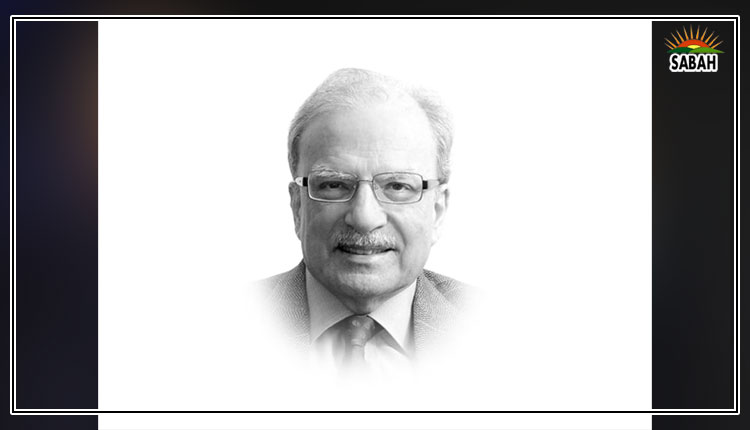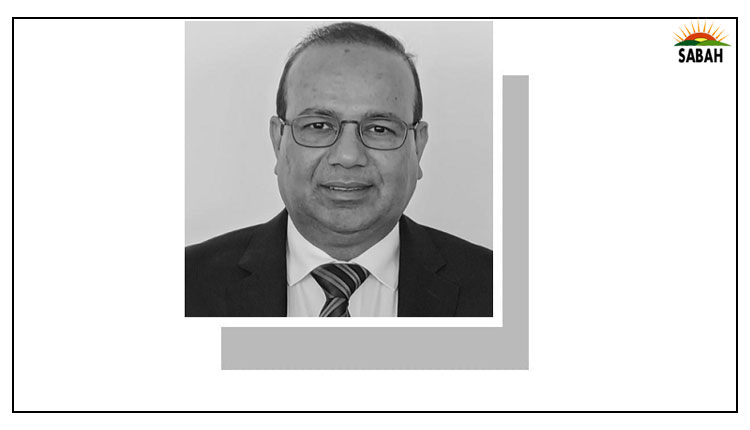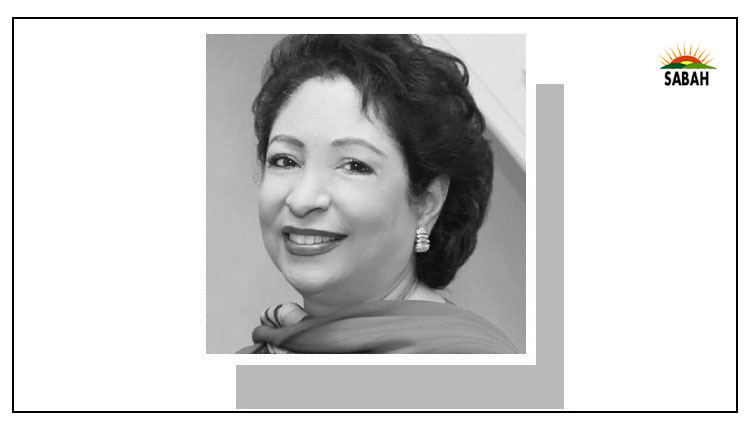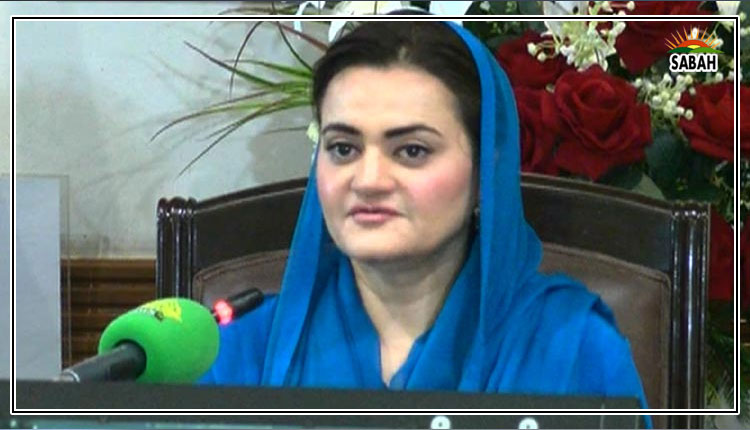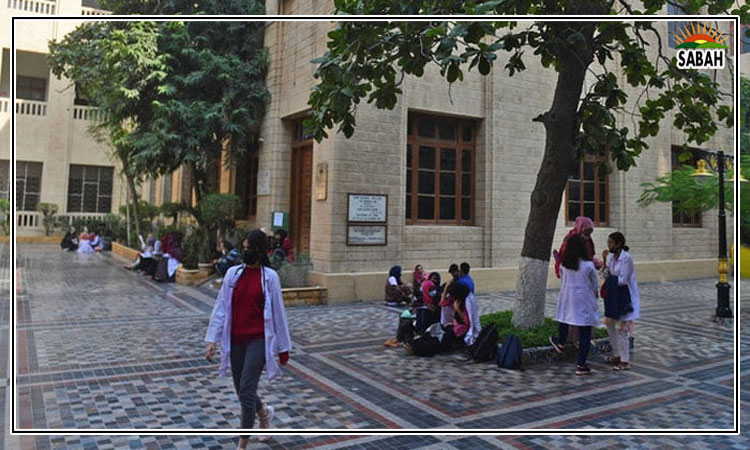Elite hold on academia…Muhammad Ibrahim Yahya
The term elite capture is often used when discussing the challenges faced by marginalized or middle-class communities, with the wealthy frequently blamed.
However, the real issues are more nuanced, as seen in the case of Independent Power Producers (IPPs) in Pakistan. IPPs are commonly held responsible for rising electricity costs, overshadowing other significant factors like mismanagement, technical inefficiencies, and underutilized energy capacity.
For instance, costly projects such as the Nandipur and the Neelum-Jhelum TRT cracks, which have cost billions in repairs and energy losses, are major contributors to the problem. While capacity payments to IPPs do play a role in rising electricity bills, the broader issue involves Pakistan’s overall energy infrastructure mismanagement.
The addition of 13,000MW to the energy capacity through CPEC-related projects was meant to power Special Economic Zones (SEZs). However, with only nine of the 37 planned SEZs partially operational or in development, the predicted industrial demand has not materialized as expected. Consequently, fixed costs associated with these power projects, including the capacity payments to IPPs, are not being covered by industrial off-takers. These costs are instead being passed on to the general consumer base, further exacerbating the problem of rising electricity prices.
While these forms of elite capture are significant, perhaps the most pervasive lies within Pakistan’s education system, which serves as the true gateway to success. According to Shahzad Saleem, chairman of Nishat Chunian Group, the most significant form of elite capture in Pakistan is the dominance of the English language in education.
Proficiency in English, at levels required for standardized tests such as SAT, GRE, or GMAT, becomes a critical barrier to gaining entry into top universities. This language barrier disproportionately impacts students from underprivileged backgrounds who, while excelling in subjects like math and science, often lack the advanced English skills needed to pass university entrance exams.
In contrast, students from elite schools offering Cambridge courses or English-speaking households have a distinct advantage. This creates a significant gap in university admissions, where only the top 5-10 per cent of students succeed, not necessarily due to their subject knowledge, but because of their English proficiency. This is a textbook case of elite capture: opportunities are disproportionately granted to those with an advantage in a skill English proficiency that may have little bearing on actual competence in other academic fields.
This disparity is stark when considering the backgrounds of Pakistan’s leaders and top professionals. A significant portion of parliamentarians and executives at multinational companies are graduates of elite institutions. The cost of attending these prestigious institutions is beyond the reach of most middle-class families, let alone the underprivileged. This entrenched system perpetuates inequality, preventing genuine talent from emerging and further concentrating opportunities among the elite.
Government officials often bemoan the fact that university graduates do not meet industry standards, but the root of this issue lies in the systemic inequalities within the education system. Multinational corporations and large enterprises in Pakistan predominantly recruit from a small pool of elite universities, excluding public institutions and limiting opportunities for students from less privileged backgrounds. This hiring practice not only perpetuates elite capture but also stifles social mobility and reinforces existing power structures.
To address these systemic barriers, a comprehensive, multi-faceted approach is needed. First, educational policy reforms must be implemented to democratize access to quality education, particularly for students from marginalized communities. One crucial step is to revise university entrance criteria, which currently place disproportionate emphasis on English proficiency rather than subject mastery. By rebalancing admission requirements to prioritize subject knowledge over language skills, we can ensure that talent, regardless of background, is recognized and given a fair chance to succeed.
Additionally, targeted preparatory programmes and scholarships for students from disadvantaged communities can help bridge the gap, leveling the playing field for those who may not have had the same educational advantages. These programmes would help talented students overcome language barriers and better prepare them for university entrance exams, ultimately reducing the stranglehold of elite capture in higher education.
A similar shift is needed within the job market. Both public and private sectors should diversify their recruitment practices by widening the pool of institutions from which they hire. Organizations should be incentivized to partner with public universities and colleges, giving students from a broader range of academic backgrounds access to career opportunities. Internships, industry-academic collaborations, and inclusive hiring policies that prioritize skill and expertise over the prestige of ones alma mater could be instrumental in breaking the cycle of elite capture.
Ultimately, addressing elite capture in education requires a cultural and societal shift in how merit and success are defined. Access alone is not enough equity must be at the heart of reforms to ensure that students, regardless of their socio-economic background, have an equal opportunity to compete. Only then can we create a system that values talent and hard work over inherited privilege.
Such reforms would not only address the immediate disparities in educational access but also improve the quality and competitiveness of Pakistans workforce. As the demands for specialized skills continue to grow, breaking down barriers to education will be crucial for fostering a more inclusive, dynamic economy.
Through these systemic changes, Pakistan can begin to dismantle the entrenched structures of privilege that have long shaped its education and job markets. Only by creating a more equitable and inclusive system can the country hope to fully unlock the potential of its youth, fostering a society where success is based on merit, not on the circumstances of ones birth.
The writer is a freelance contributor. He tweets/posts
@MIbrahimYahya
Courtesy The News




